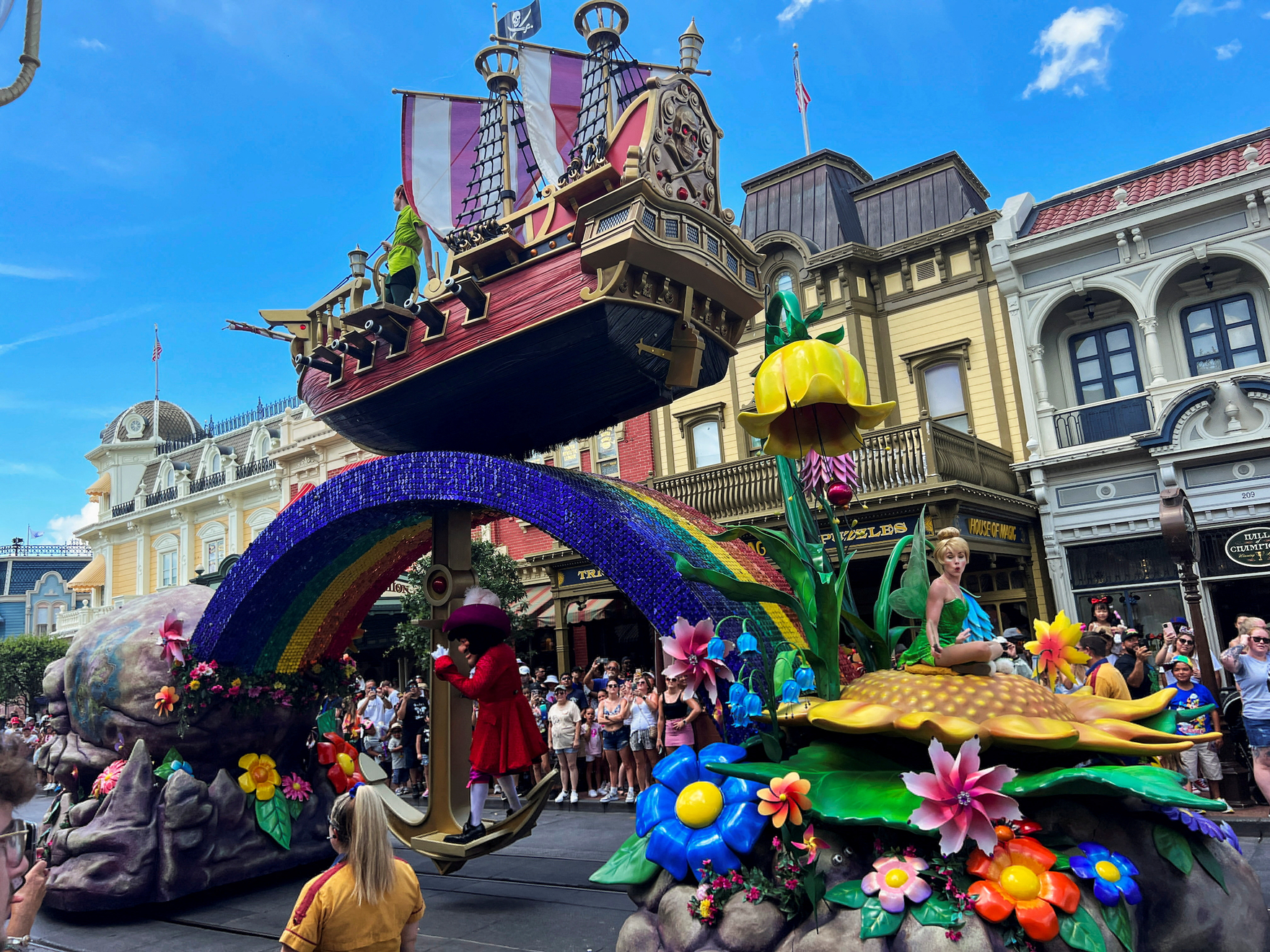On February 27, Governor of Florida Ron DeSantis signed a law to strip away power from Walt Disney World in Orlando. Media largely discussed the legislation as part of DeSantis’s continuing high-profile feud with Disney, as the company had publicly objected to Florida’s “Don’t Say Gay” bill that restricts schools from teaching primary school students about sexual orientation and gender identity. Regardless of law makers’ intentions in drafting the Disney legislation, it serves as a cautionary tale against allowing companies to acquire power equivalent to governments.
This warning should have special resonance in Canada. Disney was an inspiration for Google’s Sidewalk Labs in its plans for a smart city in Toronto’s Quayside neighbourhood. Sidewalk Labs cancelled the project in May 2020. Had the project gone ahead as planned, Sidewalk Labs would have assumed special authority over the physical and digital infrastructure in Quayside, including altering bylaws and building codes, redirecting tax revenue, and rearranging local government. Disney World provides a glimpse of the bullet Toronto dodged when Sidewalk Labs left town.
Florida’s law will largely dismantle the special governance powers that the state accorded to Disney in 1967 when Florida was wooing the entertainment giant to build a massive entertainment complex. The 1967 legislation created a special district for Disney, covering its 25,000 acres in Orlando where it built Disney World. This district, called Reedy Creek Improvement District, granted Disney broad self-governance powers. On this land, Disney created a sovereign territory, a “sort of Vatican with Mouse ears, with powers and immunities that exceed nearby Orlando’s,” argues US political scientist Richard E. Foglesong in Married to the Mouse, his compelling book on the construction of Disney World. Similar to local governments, Disney had the legal authority to control and own the infrastructure, such as roads and utilities; regulate land use; set building codes; operate police and fire services; and impose taxes. Disney, concludes law professor William W. Buzbee, controlled “both market choices and governmental issues within its approximately forty square mile kingdom.”
Disney not only built a theme park in Orlando but also created a planned community called Celebration, which was to be a futuristic urban model shaped by the latest technologies. Disney, in other words, proposed to build a technology-intensive city before IBM trademarked “smarter cities” in 2011.
DeSantis put an end to Disney’s tenure as a self-contained government. The law will curtail Disney’s power, as authority will now flow through state-appointed representatives who comprise a board that will assume control over the district. Instead of Disney, these state-appointed officials will determine building regulations, construction guidelines and how the district’s infrastructure will be governed. Disney lost its unique status, leaving it to operate largely as any other big company.
Publicly, Sidewalk Labs was reticent about its admiration for Disney’s vision for Disney World and Celebration. The company praised Disney in its confidential internal planning document, termed the “yellow book,” which was leaked to The Globe and Mail in October 2019. This yellow book, created in 2016, a year before Sidewalk Labs won the Toronto bid, sets out Sidewalk Labs’ data-driven vision for developing smart cities with multiple references to Disney’s projects.
In its plans for the Quayside project, Sidewalk Labs argued for the authority to amend certain laws and bylaws and to create a series of quasi-public governmental bodies to govern the project area. The company also claimed it was “entitled” to a share of the property taxes, development fees and increased value of city land that Toronto would normally collect because Sidewalk Labs wanted a “reasonable return” for its investment in transit and other infrastructure. In short, Sidewalk Labs proposed that it be accorded special governance power in Quayside, similar to that of Disney.
Disney achieved near-complete control over a magical kingdom and Sidewalk Labs sought to transform Toronto’s eastern waterfront into a test lab for its smart city technologies. The twin tales of Disney and Sidewalk Labs should be a lesson illustrating the problems caused when governments allow corporate actors to act as private governors. In both cases, the vision was of commercializing public services, testing technologies on city residents and substituting corporate control for democratic accountability.
Cities should not be run as experiments for corporate product testing, a risky endeavour as Disney abruptly sold the town of Celebration to an investment firm in 2004, about a decade after the town’s creation. Cities require the stability of publicly accountable governments, as well as policy makers and regulators with expertise in digital policy making, a need that is particularly acute for smart cities like the one Sidewalk Labs proposed.
Florida’s curtailment of Disney’s private government in Orlando, regardless of political motivations, should be a wake-up call to governments and citizens of the consequences of ceding public power to unaccountable commercial interests.



